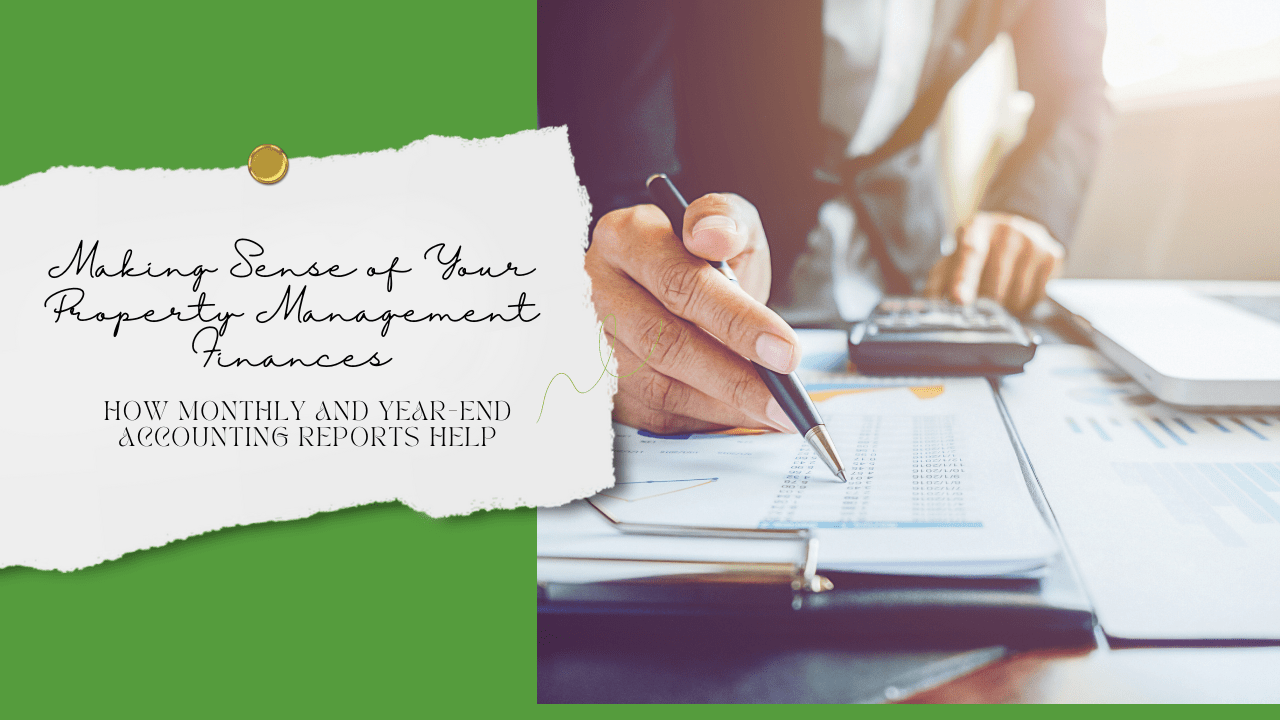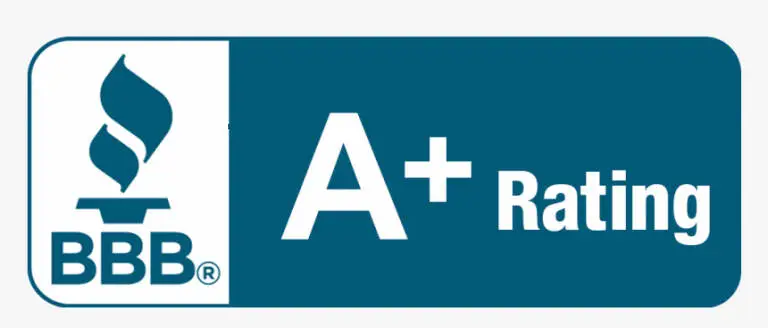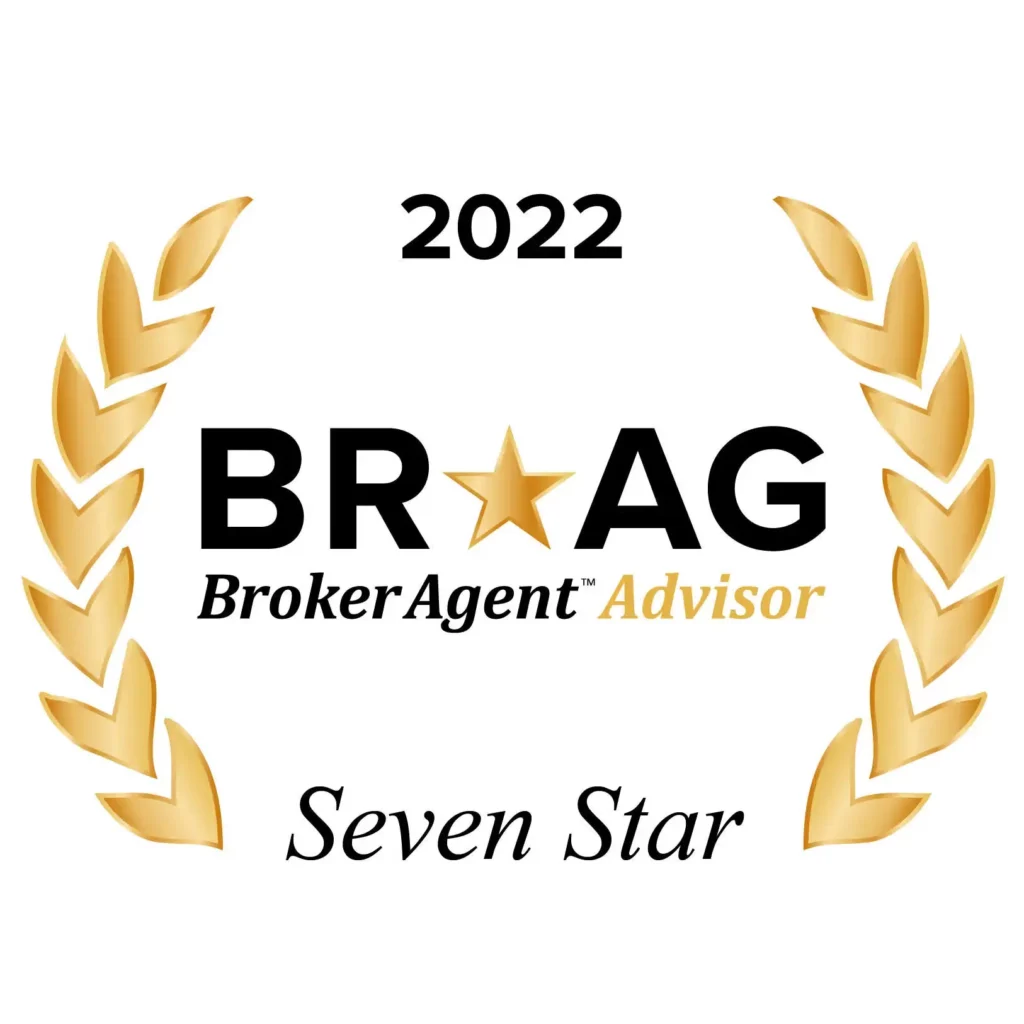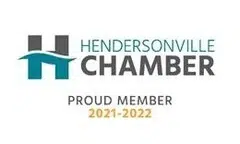Blog
Making Sense of Your Property Management Finances: How Monthly and Year-End Accounting Reports Help
Lee Blackburn

How organized are your property management finances?
We know you probably didn’t get into real estate investing because of your love for spreadsheets and profit and loss statements. Accounting feels like paperwork. Financial reports can seem like extra work.
However, these monthly and year-end accounting reports help you to:
- Understand where you are financially with each property and your portfolio as a whole.
- See where you might need to make some changes in leasing, maintenance, improvements, etc.
- Make better investment decisions.
- File taxes.
- Create a budget for the upcoming year.
Whether you’re trying to determine what your expenses are likely to be before you invest in a property or you’re tracking what you spend on existing investments, there are a few accounting details that require your attention.
Good documentation will help you have a better and more profitable investment experience. Technology helps, too.
Even better? A professional CPA, accountant, or Nashville property manager.
Tracking Income and Expenses Monthly and Annually
Good rental property accounting starts with two things:
- A separate bank account so your private funds aren’t mingling with your business funds which belong exclusively to your rental property or properties; and,
- A platform on which you can track and analyze your monthly income and expenses. This might be a software system, an app, or a simple spreadsheet that you’ve created for yourself. A kind of digital ledger (Please don’t use a paper ledger or a legal pad. We’re way beyond that).
An income and expense report is an important part of keeping your monthly and annual financial reports accessible and informative. There are many ways to generate an income and expense report. Several software programs exist, and the goal is to show how much money was earned on your rental property in a given time period and how much was spent.
We provide these reports to our owners every month when rent is paid.
When it’s time to file your taxes, the IRS will require documentation that demonstrates what you earned on your rental property and how much you spent maintaining it. This has to be clear, accurate, and transparent. Maybe you’re working with an accountant or a CPA; but that doesn’t mean you’re relieved of all financial responsibilities. You’re likely the one who will be collecting the rent and paying for repairs. Make sure you’re saving and logging receipts.
Accounting Reports and Budgeting
Those monthly and annual financial reports can also help with budgeting and forecasting. Budgeting is an important part of your investing process. Before you buy a rental property and as you move through the leasing and management process, you’ll want to know how much it’s going to cost to lease, manage, and maintain the investment.
There will be variable expenses like vacancy and maintenance to contend with. You can always plan around your mortgage payment and insurance payment because those are likely fixed; but, it’s more challenging to project what you’ll spend on repairs and whether you’ll have a longer-than-average vacancy.
Setting aside a maintenance reserve can help, and you’ll use your accounting reports to track that reserve and see what’s available if you have an unexpected repair or a desired upgrade.
Set up a budget for recurring expenses you can plan on, such as landscaping, property management fees, and pest control. Forecast when you’ll have to make big expenditures. Plan for your new roof, for example, even if you won’t have to worry about it for five or ten years. Estimate the lifespan of your air conditioning unit, your flooring, and your appliances.
Choose Advantageous Rental Property Accounting Technology
Technology is improving all the time, and if you’re not willing to embrace it, you’re going to spend more time and money than necessary on your rental property.
Professional property managers in Nashville invest in accounting software that allows for the best possible financial reporting. Statements are easy to create and access. If you’re managing on your own, the options may be limited, but they’re still out there, and you should be willing to try a platform that automates as much as possible.
Look for programs and platforms that are accessible, user-friendly, and transparent. If you find yourself having to go to court, for example, you’ll want to be able to share an accounting breakdown for a tenant you’re evicting for nonpayment of rent.
Tax Time (and Tax Deductions)
Tax time isn’t always fun. But, it can be profitable, especially if you’ve been good about tracking your finances every month. Whether you have a professional CPA or you’re doing your own taxes, you have a series of deductions you can take that will offset the tax liability that comes with rental income. These available deductions include:
- Maintenance, repairs, and cleaning
- Mileage if you need to travel to and from the property
- Lease cancellation costs
- Legal, management, and professional fees
- Mortgage interest
- Advertising and marketing
- Insurance
We can help you manage your financial records better and produce accounting statements that keep
Work with a Nashville Property Manager or an Accountant

Or, maybe you don’t think about yourself as a landlord who is this hands-on. If you don’t have the time or the resources for accounting oversight and detailed financial reports, work with a professional accountant or a CPA. These experts can help you keep track of your finances, prepare monthly reports, and offer guidance on financial planning and tax implications. This can provide peace of mind and ensure that you’re meeting all legal requirements and maximizing your profits.
There’s also the option of professional property management. Your management company will have someone responsible for taking care of all the financial reporting and accounting that’s associated with your property. We’ll stay organized and consistent in our accounting and financial reporting.
If you’re determined to keep all of the management and accounting to yourself, set up a system and stick to it. You can reduce errors, identify areas where costs can be reduced, and improve your overall financial health. Consider creating an accounting calendar or setting reminders for monthly or quarterly reports to ensure that you’re staying on track.
Monthly and annual financial reports are an important part of rental property ownership, and understanding basic accounting practices can help you maximize your profits and build credibility in your rental business.
If you’d like to talk more about effective financial management, please contact us at Omni Realtors & Property Management.









